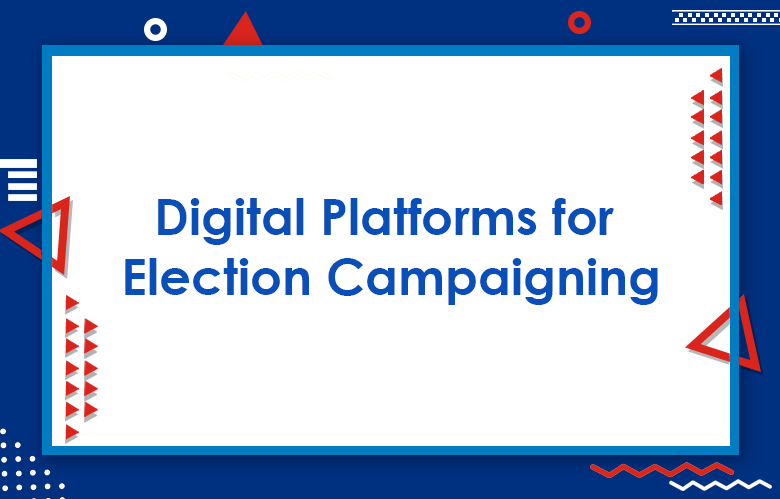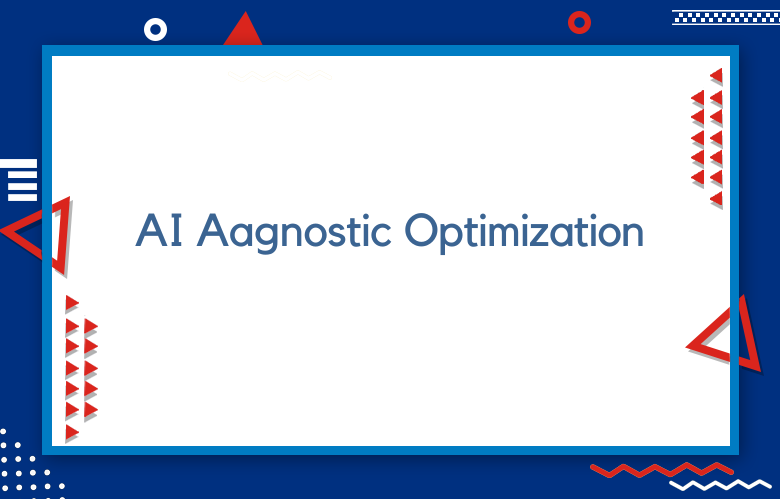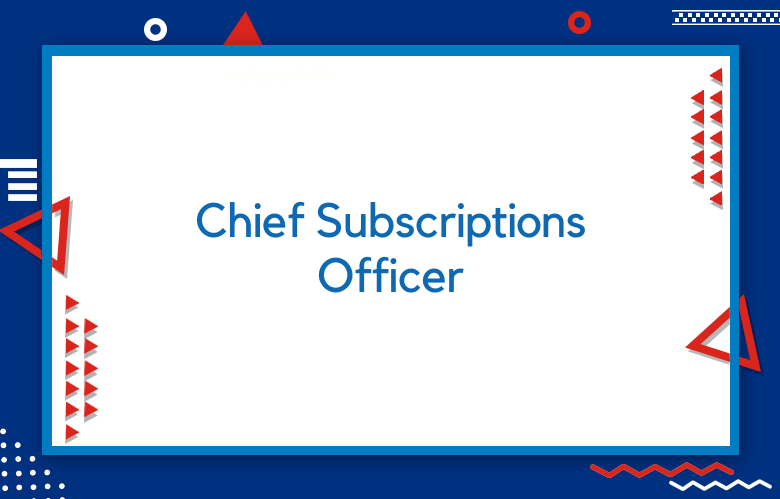10 Best Digital Channels for Effective Political Marketing in 2024

Political Marketing: Politics and government, especially in democracies, have always been about reaching out to people in different ways. The rise of digital media has opened new ways of communicating with the masses. The rapid proliferation of digital channels over the last few years has offered politicians and political parties many new-fangled platforms to push their political agenda.
Despite the coronavirus pandemic and social distancing becoming the order of the day, digital channels have become the key media for disseminating political messages.
Election campaigning strategies are increasingly integrating host digital channels like search engines and social media to garner support.
Digital Platforms for Election Campaigning
It is no surprise that the role played by social media platforms in elections is increasing with every election. The action for the mind and heart of the electorate is now aggressively played out on digital channels by all politicians and parties.
According to analysts, digital is now the preferred mode of communicating with the voters. It is up 24x7x365, refreshed and updated continually, and gives them global reach with trans-national accessibility. With digital media platforms, search engines, etc., they can now harness the incredible power of digital technology in ways not known before.
Perhaps even more importantly, the digital medium offers ways to track and measure the responses to their communication in real time and at a fraction of the cost of traditional media.
With only a few clicks, they can get a detailed picture of how many people have engaged with their message. It is, therefore, not surprising that election spending on digital platforms is increasing exponentially.
Digital channels have increased and evolved over the years from simple email to video channels and will continue to grow in the future, but here are the more popular channels with political parties.
Politicians are extensively using live streaming for electioneering thanks to the restrictions on public gatherings due to the pandemic. Politicians have found that keeping them homebound is the best way to connect with their audiences in these circumstances.
Live streaming makes it possible for them to reach their audiences from their home to the homes of audiences. Most big tech companies, including Microsoft, Google, and Zoom, offer live streaming platforms that are widely used.
Digital Marketing Channels for Political Marketing
Blogging for Political Marketing
By the nature of their vocation, leaders, and politicians need to engage with the people continuously. Blogging helps them actively keep in touch on the issues of the day.
Blogs work very well with websites, whether related to campaigns or their own, with routine text and video blogs. Blogs boost their credibility with their recorded stance on the issues in the public domain.
Interest group support for Political Marketing
Politics is about carrying people with you, which necessarily means catering to groups aligned with various interests. Politicians are known to enlist the support of such groups with a solid digital media presence on social media.
These may include websites, social media pages, and other online properties. These groups help them gain greater credibility, amplify and reach their message, and win the support of a more comprehensive section of the voters.
Social Media Marketing for Political Marketing
Social media is now the hot channel for politicians to connect with their audiences. Instagram, Facebook, Twitter, and others offer ways to engage with various sections of voters – professionals, young people, older voters, interest groups, and others through videos, questions and answers, speeches, etc. Even casual freewheeling meetups make for exciting interaction.
Paid Advertising for Political Marketing
Paid ads are all the rage with brands, but politicians must be careful and cautious with this channel. Nevertheless, they have their means of exploiting the channel in subtle ways.
Interest groups come in handy with paid ads. Parties spend top dollar on search engines and social media to maximize their reach with the voters.
Podcasting for Political Marketing
Podcasting, at first instance, might not seem to be a very potent tool in the political marketing toolbox. Still, it has proved to be highly effective in reaching out to audiences comprising millions of people. Podcasting works best for electioneering.
With the media focusing on the campaign, voters can better relate to the political agenda of different political parties, listening to what your candidates say. The words they hear from the podcast impact them better than what they read in the newspapers or online media.
Political Website
Information was never as freely and widely available as now, with the internet and social media up and in your face around the clock. But there is a downside to it – misinformation or even false information.
Unfortunately, there is only so much that candidates can do to fight misinformation or false information, but the best way to tackle the problem may be to have a website.
Websites help candidates put their entire campaign-related information on a website and address any issues with reportage in the media online or offline.
Email Marketing for Political Marketing
Email is an effective platform to communicate with voters during an election campaign. Emails are easy to send to 10 or even 10,000 people. Besides, they offer flexibility and can incorporate links, embedded videos, images, etc. Emails are handy in giving information about candidates and campaigns or even telling voters where they can vote, vote, etc.
Video Marketing for Political Marketing
With YouTube getting over a billion viewers every day, it has become the second-largest search engine. YouTube has excellent potential for candidates who want to reach out to voters with their political pitch.
A compelling campaign video should have a clear message to convey, coupled with a catchy slogan. The content should engage the viewer’s attention, focusing on how the candidate hopes to address the issues they face. It should leave a lasting impression on the viewer for them to vote in favor of the candidate.
SMS Marketing & WhatsApp Marketing for Political Marketing
Text messages have been a part of election strategies for a long. Politicians have leveraged SMS to reach out to voters, supporters, and other stakeholders for years.
SMS has proved useful in voter registration, sharing a candidate’s political stance, and sending voting day reminders. SMS messages have also been used to send event alerts, make important announcements, and organize supporters.
Conclusion
Digital media platforms will continue to evolve and grow in numbers over the years. The success of politicians is likely to be determined by how well they can connect with the voters on the new platforms in the future.
Click here for



